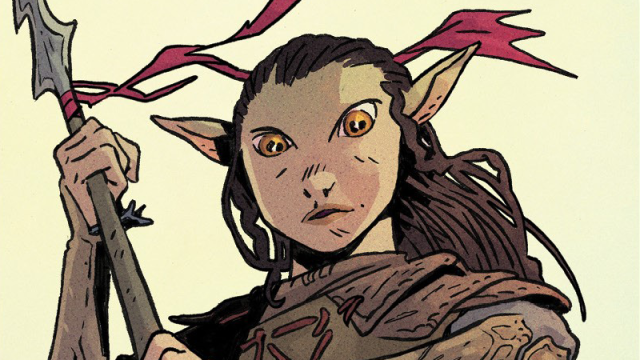New Zealand’s Prime Minister Jacinda Ardern is preparing a global push called the “Christchurch Call” to compel large internet platforms to do more about extremist content in the wake of a massacre of 51 Muslims at mosque in the country in March, the New York Times reported on Sunday.
During that massacre, a gunman live-streamed dozens of murders on Facebook while repeatedly making references to in-jokes on the far-right fringe of the internet—and the resulting footage went viral, with platforms struggling to eliminate both uploads of the original video and altered versions that dodged automated filters. Facebook faced widespread outrage in New Zealand and elsewhere, later saying it would alter the livestreaming feature to include new restrictions.
Ardern will meet in France with President Emmanuel Macron this week to discuss an agreement that officials involved in the drafting process said will ask “social media giants to examine the software that directs people to violent content, and to share more data with government authorities and each other to help eradicate toxic online material,” the Times wrote. The agreement is scheduled for signing during the Group of 7 nations meeting of digital ministers this week, also in Paris.
Numerous nations (notably excluding the U.S.) are expected to sign on, as are Facebook and Microsoft, the paper added:
Representatives from Facebook, Google, Microsoft and Twitter are among those scheduled to attend the summit on Wednesday hosted by Mr. Macron and Ms. Ardern. Facebook and Microsoft said they would sign the pledge. Google and Twitter declined to comment on their position.
A number of nations are expected to sign on to the nonbinding pledge, including Britain, Canada, Jordan, Senegal, Indonesia, Norway and Ireland, according to officials involved in drafting the accord. The United States, which has been reticent to regulate the internet out of concerns it will harm free speech, is not among the expected signers. Nor is Australia.
As many of the countries involved have widely varying laws on topics like hate speech, the pledge contains no enforcement or regulatory measures and is essentially voluntary, leaving social media companies to determine what constitutes “violent extremist content.” The pledge does ask those companies to commit to “robust” enforcement of terms of service, reducing possible dangers of livestreaming, and redirecting users from flagged content, as well as asks for those companies to be transparent about their processes for identifying such content.
While tech companies’ failure to self-regulate was essentially one of the factors that allowed the proliferation of hate speech on major platforms in the first place, officials involved with the measure characterised it as an opportunity for those companies to step up before stronger laws are passed, according to the Times. Previous reports have characterised the industry’s reaction as receptive, though it is ultimately unclear whether there will be much appetite for sweeping change.
Governments will also be asked to pass stronger laws against violent extremist content, as well as implement guidelines for reporting on terrorism, the Times wrote:
Under the agreement, governments must promise to adopt and enforce laws that ban objectionable content—as New Zealand did in the wake of the attacks by making the possession or sharing of the gunman’s video a crime—and to set guidelines on how traditional media outlets can report terrorism without amplifying it.
Several of these sections have raised eyebrows in the White House on constitutional grounds. According to the New Zealand Herald, Donald Trump will not be attendance and it is “unclear if there will be a US representative at all.”
Facebook CEO Mark Zuckerberg is also not scheduled to be in attendance, instead sending former deputy prime minister of the UK and Facebook vice president of global policy and communications Nick Clegg in his stead, according to the paper.
“Engagement within such a short timeframe is a big ask,” Ardern told the Herald. “We’re really pleased with the turnout… We will continue to seek support from others. This is a start. We will then continue engagement and seek additional signatories to the call.”
A previous version of this article indicated that Australia would not be signing onto the Christchurch call, but this is incorrect. We regret the error.
